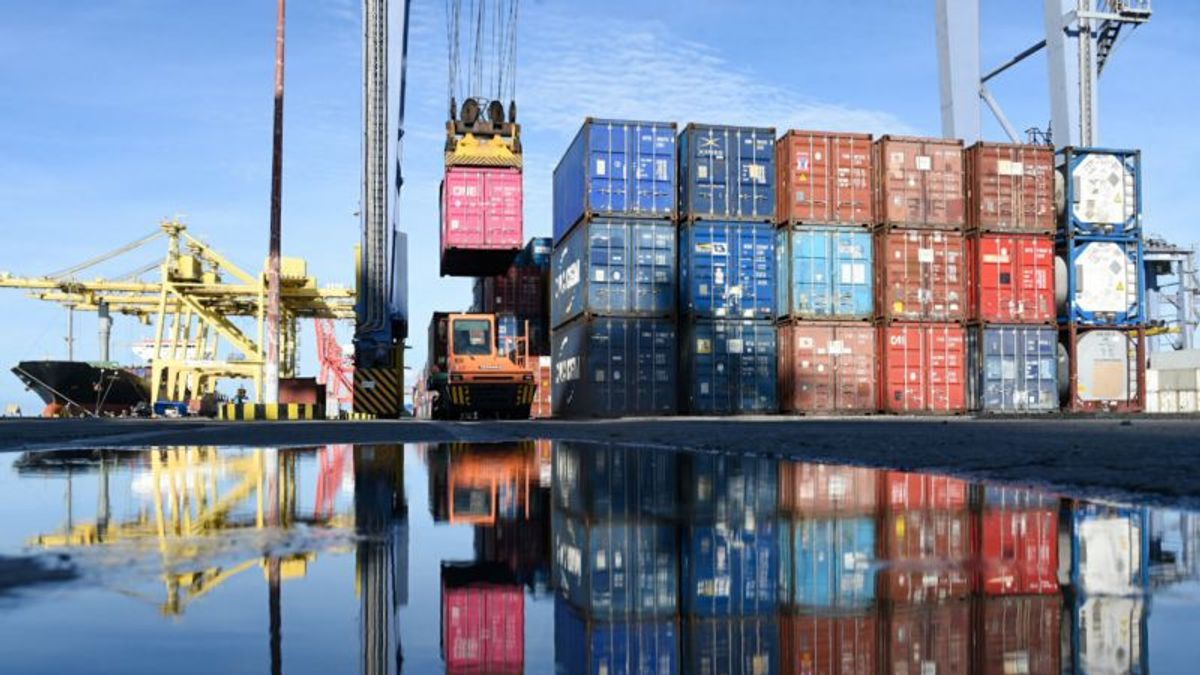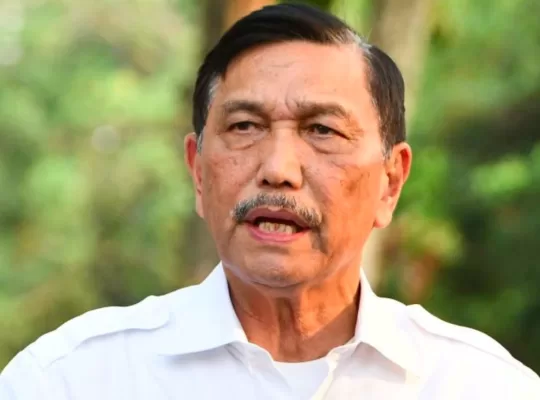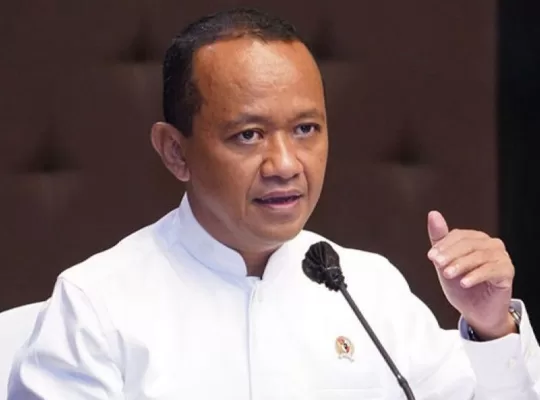Faisal Basri, a leading economist at the Institute for Development of Economics and Finance (INDEF), recently shed light on a trend reversal in the patterns of global trade. According to him, international commerce is swinging back to a more traditional approach, with countries increasingly trading with their immediate neighbors.
Basri illustrated this point by referencing the trade dynamics within North America: The United States primarily exchanges goods with Canada, its neighbor to the north, and Mexico, its southern neighbor. Similarly, Canada’s top trading partner is the United States. This indicates a pivot towards fostering stronger economic ties within regions.
As for Indonesia, Basri cited data showing that the lion’s share of the nation’s commodity exports makes its way to China, followed by the USA, Japan, Singapore, India, and Malaysia. Digging deeper into these statistics, Basri found that Asian countries dominate Indonesia’s list of export destinations, claiming nine spots out of the top ten.
“We should reinforce our bonds with Asia, particularly the ASEAN member nations. Our trade within ASEAN may seem insignificant now but there is substantial potential for growth. We need to value our closest partners more,” Basri opined during a webinar on October 8.
He continued to stress the immense untapped potential for trade within ASEAN and with other significant Asian markets such as Japan and India. Basri pointed out that a staggering 70% of Indonesia’s exports in 2020 were sent to other countries in Asia, reflecting the region’s vital importance to Indonesia’s trade strategy.
However, Basri acknowledged Indonesia’s lesser extent of trade familiarity with countries in Oceania, like Australia and New Zealand. He expressed hope that the recent trade agreement with Australia will pave the way for increased exports to the continent.
ASEAN’s significance to Indonesia’s trade future can’t be overstressed, with Basri emphasizing the need for leadership within the region to build a more unified economic entity without prolonged dependence on multi-nation gatherings.
He urged Indonesia’s President Jokowi to inspire ASEAN towards unity and new ideas, not just through formal leadership but as a beacon of inspiration and innovation.
Furthermore, Basri touched on the growing importance of geography in trade relations, noting that economic integration is a precondition for successful trading with neighbors. Fortuitously, Indonesia finds itself as a strategic trade route globally, with its unique geographic profile. Home to the consequential Malacca Strait, over 17,000 islands, and a vast oceanic expanse, Indonesia has the world’s second-longest coastline. Basri concludes by highlighting the sea’s critical role in unifying Indonesia’s numerous islands and fostering an integrated domestic economy.


















